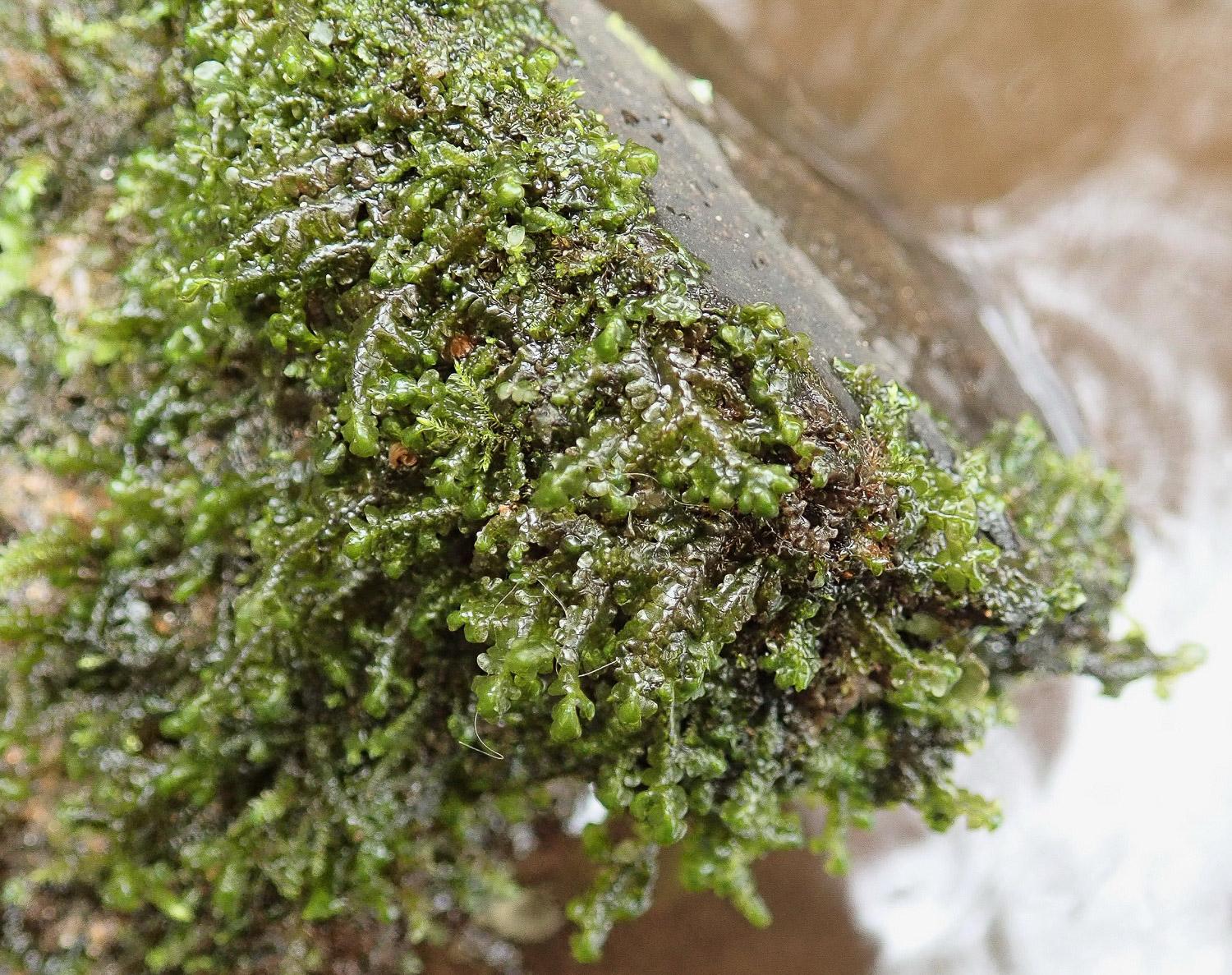
Porella-pinnata_River-Bovey.jpg from: https://www.britishbryologicalsociety.org.uk/learning/species-finder/porella-pinnata/
Introduction
Nestled within the intricate tapestry of nature lies a remarkable moss species that has captured the hearts of enthusiasts worldwide – the Porella pinnata L., a member of the Porellaceae family. This unassuming yet captivating moss, commonly known as Porella
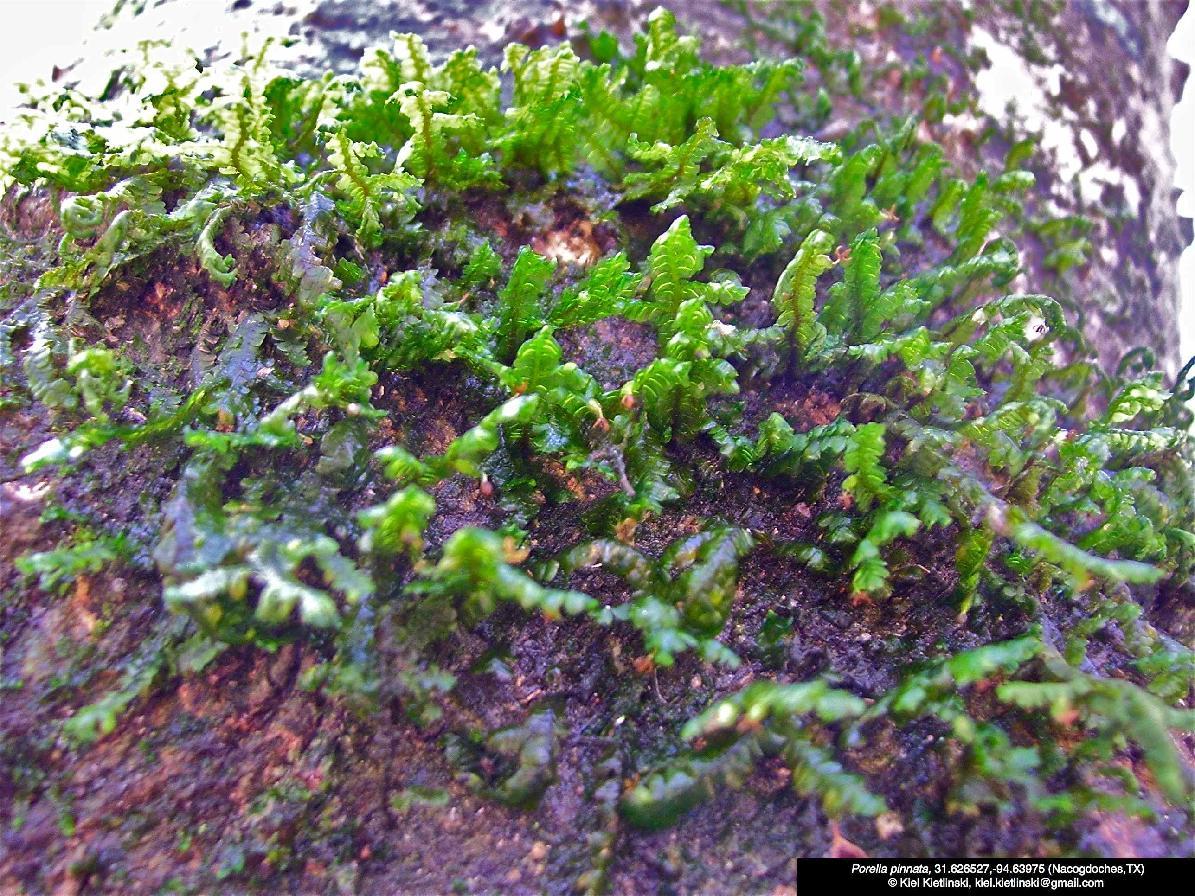
lrPorella_pinnata23.jpg from: https://james-vankley.com/PineywoodsPlants/Bryophytes_Charophytes/Liverworts/Porellaceae/Porellaceae.html
, has woven its way into the fabric of ecosystems, playing a vital role in the delicate balance of our natural world.
Background
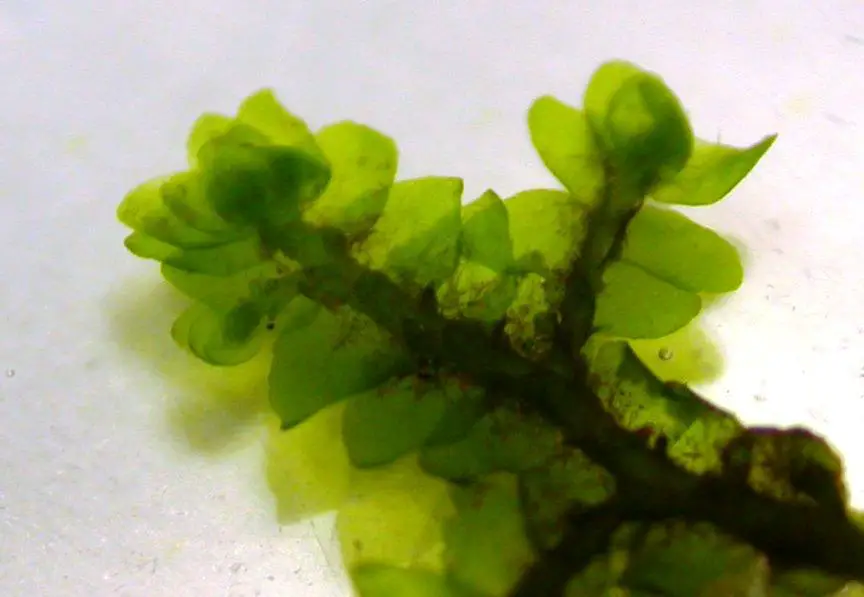
DSCN8422.JPG from: https://southwalesbryos.blogspot.com/2016/11/porella-pinnata.html
Before delving into the intricacies of this fascinating moss, it’s essential to understand its taxonomic classification. Porella pinnata L. belongs to the phylum Marchantiophyta, also known as liverworts, and the class Jungermanniopsida. This moss species is a true marvel, showcasing the incredible diversity and resilience of nature’s smallest wonders.
Main Content
Morphology and Identification
Porella pinnata L. is a striking moss, adorned with intricate fronds that resemble delicate feathers. Its vibrant green hue is a testament to its ability to thrive in various environments. One of the most distinctive features of this moss is its pinnate branching pattern, which gives it a feathery appearance. The fronds are typically
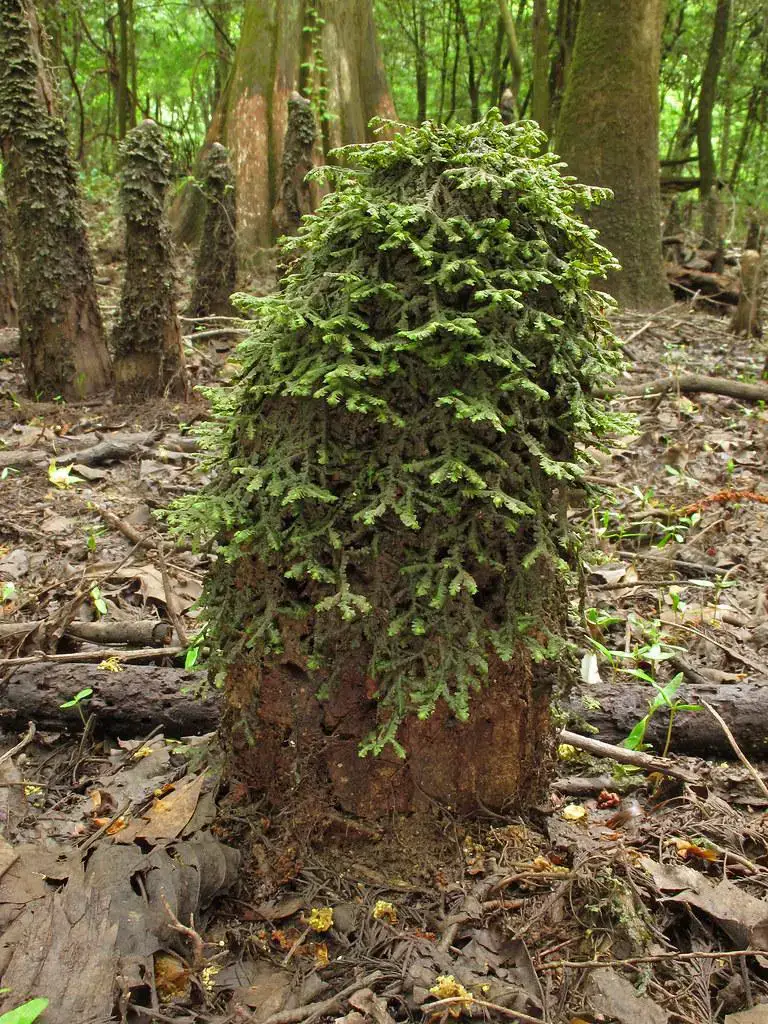
5682229857_3b1ca7d1bb_b.jpg from: https://www.flickr.com/photos/alan_cressler/5682229857
flattened and irregularly divided, adding to the moss’s unique charm.
Global Distribution and Habitat
This remarkable moss species has a widespread distribution, found across various regions of the world, including North America, Europe, Asia, and parts of Africa. Porella pinnata L. thrives in a diverse range of habitats, from moist and shaded forests to rocky outcrops and even urban environments. Its adaptability and resilience have allowed it to colonize a wide array of substrates, including tree bark, rocks, and soil.
Ecological Roles and Adaptations
Porella pinnata L. plays a crucial role in maintaining the delicate balance of its ecosystems. As a pioneer species, it contributes to soil formation and stabilization, paving the way for other plants to establish themselves. Additionally, this moss serves as a vital
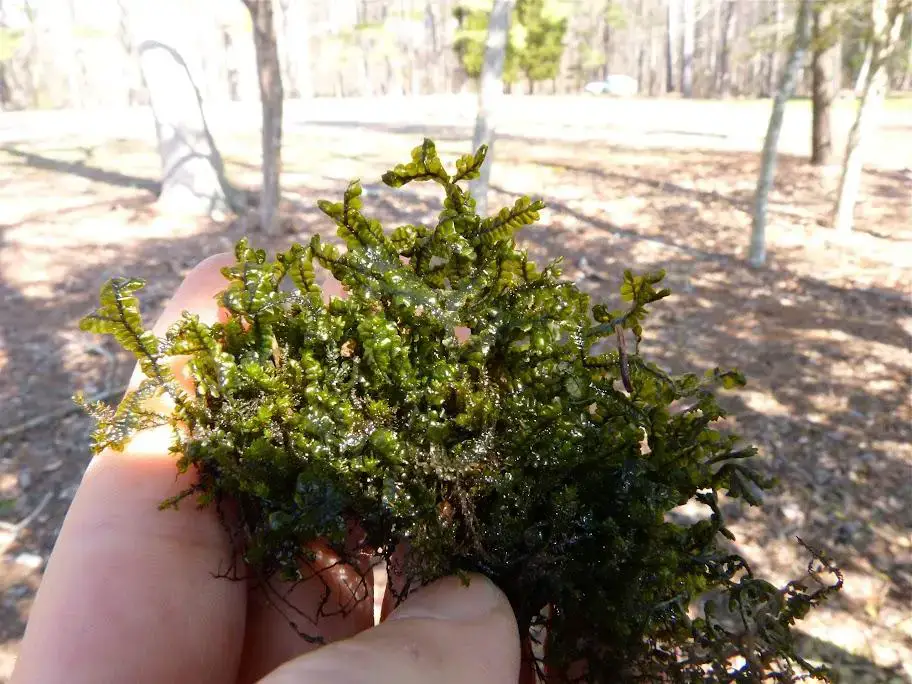
Porella%2520pinnata.MilburnLanding.040613.JPG from: https://www.marylandbiodiversity.com/viewSpecies.php?species=8244
microhabitat for numerous tiny organisms, providing shelter and sustenance for a myriad of microscopic life forms.
One of the remarkable adaptations of Porella pinnata L. is its ability to tolerate desiccation. During periods of drought, the moss can enter a state of dormancy, only to revive and flourish once moisture levels are restored. This remarkable trait has allowed the species to thrive in diverse environments and withstand challenging conditions.
Case Studies/Examples
In a recent study conducted in the Pacific Northwest region of North America, researchers discovered that Porella pinnata L. played a crucial role in maintaining the moisture levels and nutrient cycling within old-growth forests. The moss’s ability to retain water and slowly release it into the ecosystem contributed to the overall health and resilience of these ancient woodlands.
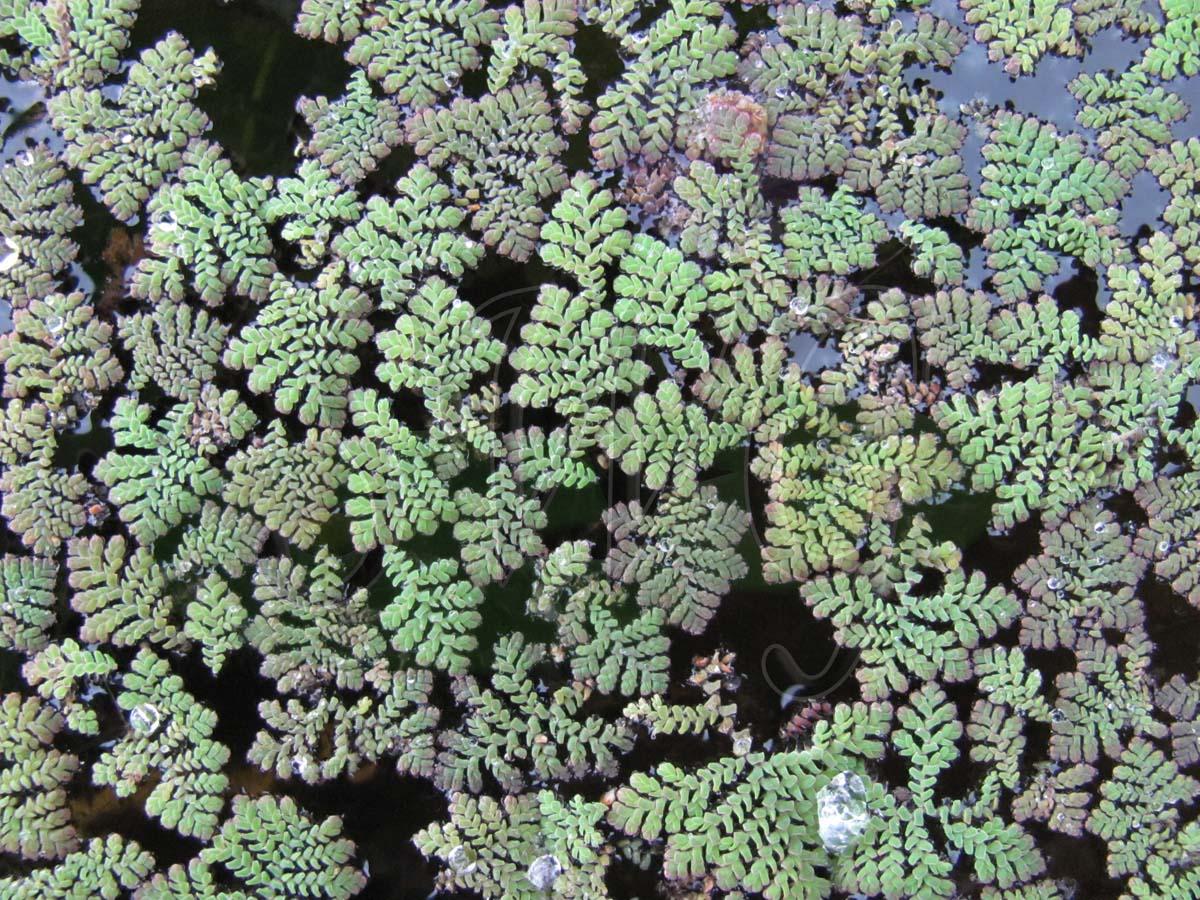
azolla2.jpg from: https://www.suncoasttropicals.com.au/shop/aquatic-plants/submersible-aquatics/azolla-pinnata-fairy-moss/
from: https://www.aquaticplantcentral.com/threads/porella-pinnata-l.69938/page-2
| Characteristic | Description |
|---|---|
| Phylum | Marchantiophyta |
| Class | Jungermanniopsida |
| Family | Porellaceae |
| Species | Porella pinnata L. |
| Common Name | Porella |
| Branching Pattern | Pinnate |
| Frond Appearance | Flattened, irregularly divided |
| Habitat | Moist forests, rocky outcrops, urban environments |
| Ecological Role | Soil formation, microhabitat, pioneer species |
| Adaptation | Desiccation tolerance |
Conclusion
Porella pinnata L., a true marvel of nature, has captivated enthusiasts with its intricate beauty and remarkable resilience. From its feathery fronds to its vital ecological roles, this moss species serves as a reminder of the intricate tapestry that weaves our natural world together. As we continue to explore and appreciate the wonders of nature, let us ponder: What other hidden gems await our discovery, and how can we ensure their preservation for generations to come?